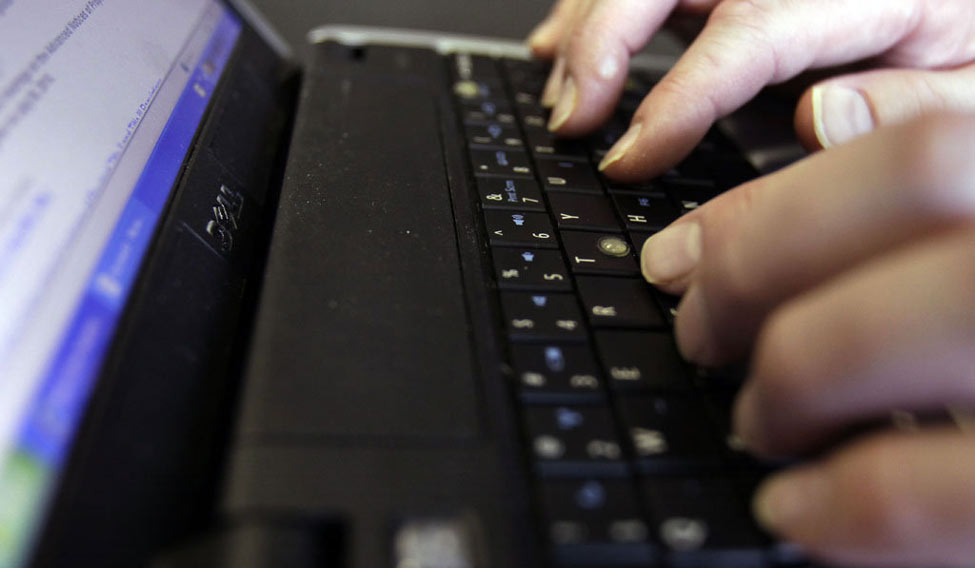As soon as protests broke out in Jammu and Kashmir over the killing of Hizbul Mujahideen leader Burhan Wani, the internet services in the country’s most volatile state were yet again suspended. The ban, imposed on July 9, is still in force in most parts of the state.
Instructions to suspend internet services were made to prevent the spread of rumours and messages which would incite violence. The ban has been imposed under Section 144 of the Code of Criminal Procedure, which authorises state governments to take action to curb unlawful assemblies or prevent apprehended danger. It can be brought into force by a notification signed by the district magistrate or a commissioner of police in a metropolitan area.
A Special Leave Petition (SLP) challenging the use of this provision for restricting access to internet was dismissed a few months ago by the Supreme Court. The apex court upheld the power of state government under Section 144 to suspend internet services, stating that the use of such mechanism was necessary for law and order situations.
Typically the authorities seek a ban on internet services as a precautionary measure or to contain an ongoing protest —as happened in the present case when large scale protests erupted after the killing of Wani. It is also to be noted that before the 26/11 Mumbai attacks, the state governments rarely blocked internet services.
However, despite the ban, the Valley is witnessing large scale protests and several civilians have been killed in the ongoing violence.
Many may then argue that such blanket bans do not prevent violence or riots; instead restrict the basic right of freedom and free speech granted by the Constitution of India.
While blocking internet services can surely deter vested interests from properly planning and organising riots or violent protests, such elements, sooner or later, will find other means to orchestrate their plans. In fact, blocking internet services clamps down several modes of communication which could lead to increased confusion and fear or hatred towards the authorities than warranted. Moreover, in today’s world internet no doubt is the life line of commerce and trade, suspending of which results in huge losses for the general public.
These bans at present are certainly excessive and wide reaching, but can by no means be compared to the blanket bans existing in China or other such jurisdictions. But the question lingers in the sir, where are we headed?
This, however, does not mean that the authorities should not regulate the internet when the circumstances demand the same.
It is my opinion that suspending internet services should be looked upon as a last resort instead of the prevailing trend of pressing the internet kill switch as the initial response. The government should introduce guidelines and put in place adequate safeguards such as review, appeal and monetary compensation among others to prevent Section 144 of the CrPC turning into a draconian provision of the law. The law needs to include a provision for the quick review of such bans and a remedy in appeal. An apparatus in place would be a healthy development.
Suspending internet services may seem to be a sensible option for the authorities but it is to be understood that this is not a permanent solution and that there has to be better ways to tackle civil unrest and public disobedience than resorting to this easy and quick ‘jugaad’.
Lastly, authorities and the government should take note that how they treat their citizens directly reflect their reputation on the world stage. A United Nations Human Rights Council resolution passed earlier this year condemns internet censorship and terms it a violation of international human rights. Suspending internet services should be carried out in the rarest of rare instances and that too with a sense of accountability and under adequate supervision.




